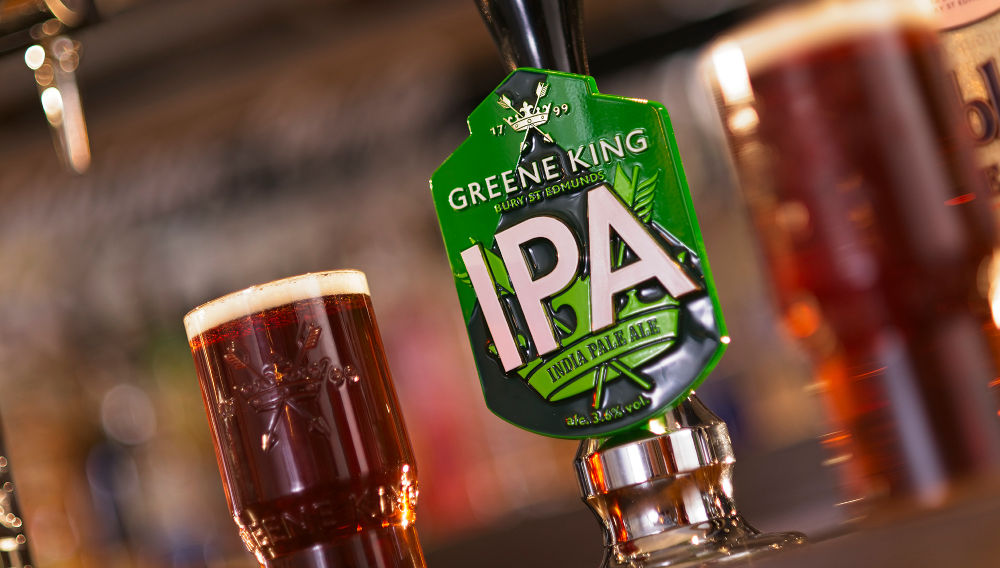Europe/Russia
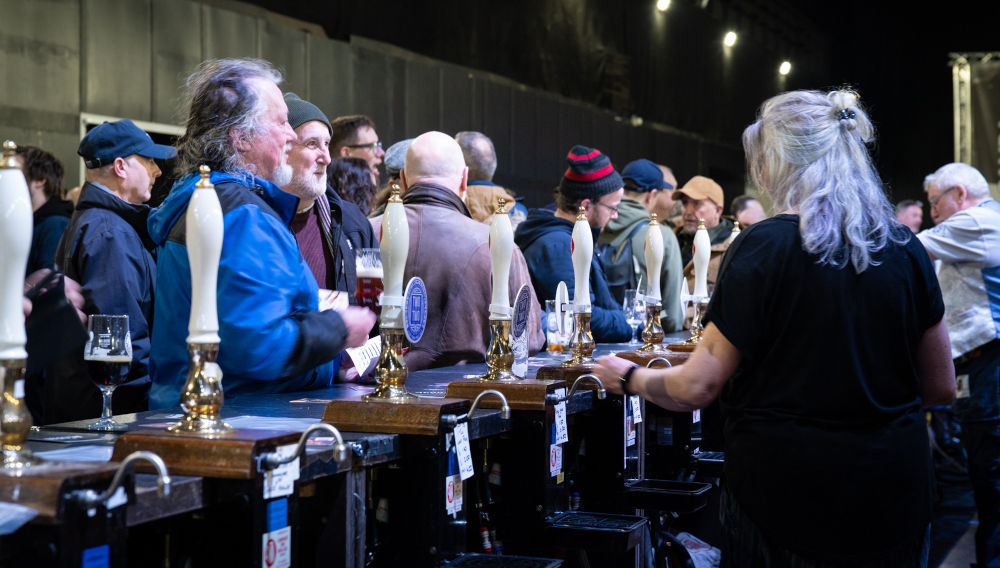
United Kingdom | CAMRA, the real ale enthusiasts’ group, cancelled Britain’s biggest beer festival amid an existential crisis as it launched a cost-cutting drive, The Guardian newspaper reported on 10 September.
Europe/Russia
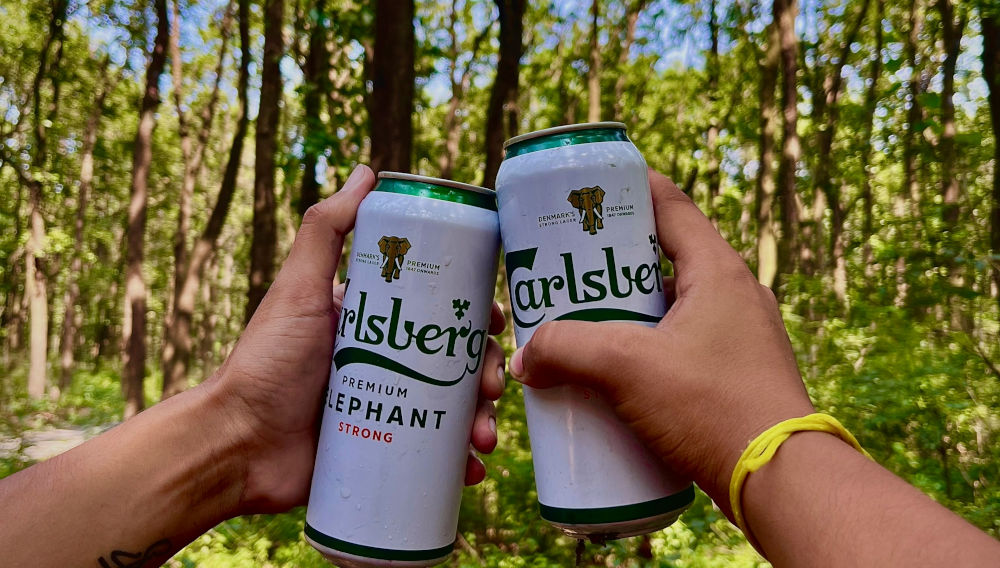
Denmark | Carlsberg is reportedly evaluating a potential listing of its Indian operations, media reported on 16 September. The time seems to be right as Carlsberg India had a robust financial year 2024 with revenues of approximately INR 80 billion (USD 910 million). Results for its financial year 2025 (ending March 2025) are not available yet.
Europe/Russia
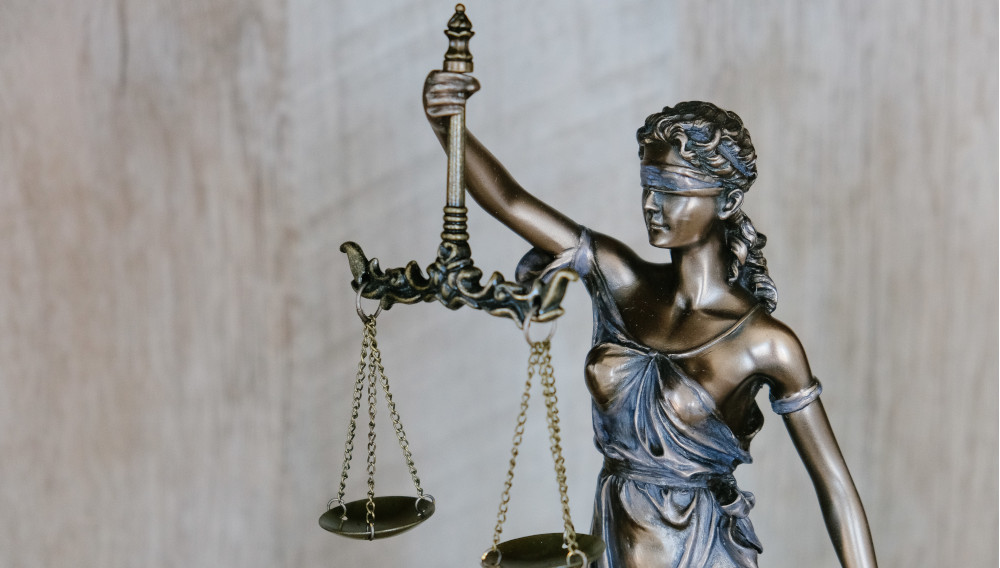
Austria | Faced with a potential fine of billions of euros if found guilty of market power abuses, Dutch Heineken is trying to distance itself from its fully-owned Austrian subsidiary Brau Union. Representatives from both Heineken and Brau Union insisted at the Vienna cartel court on 8 September that the Austrian market leader can act autonomously and freely. Austrian media wonder: Is this plausible?
Europe/Russia
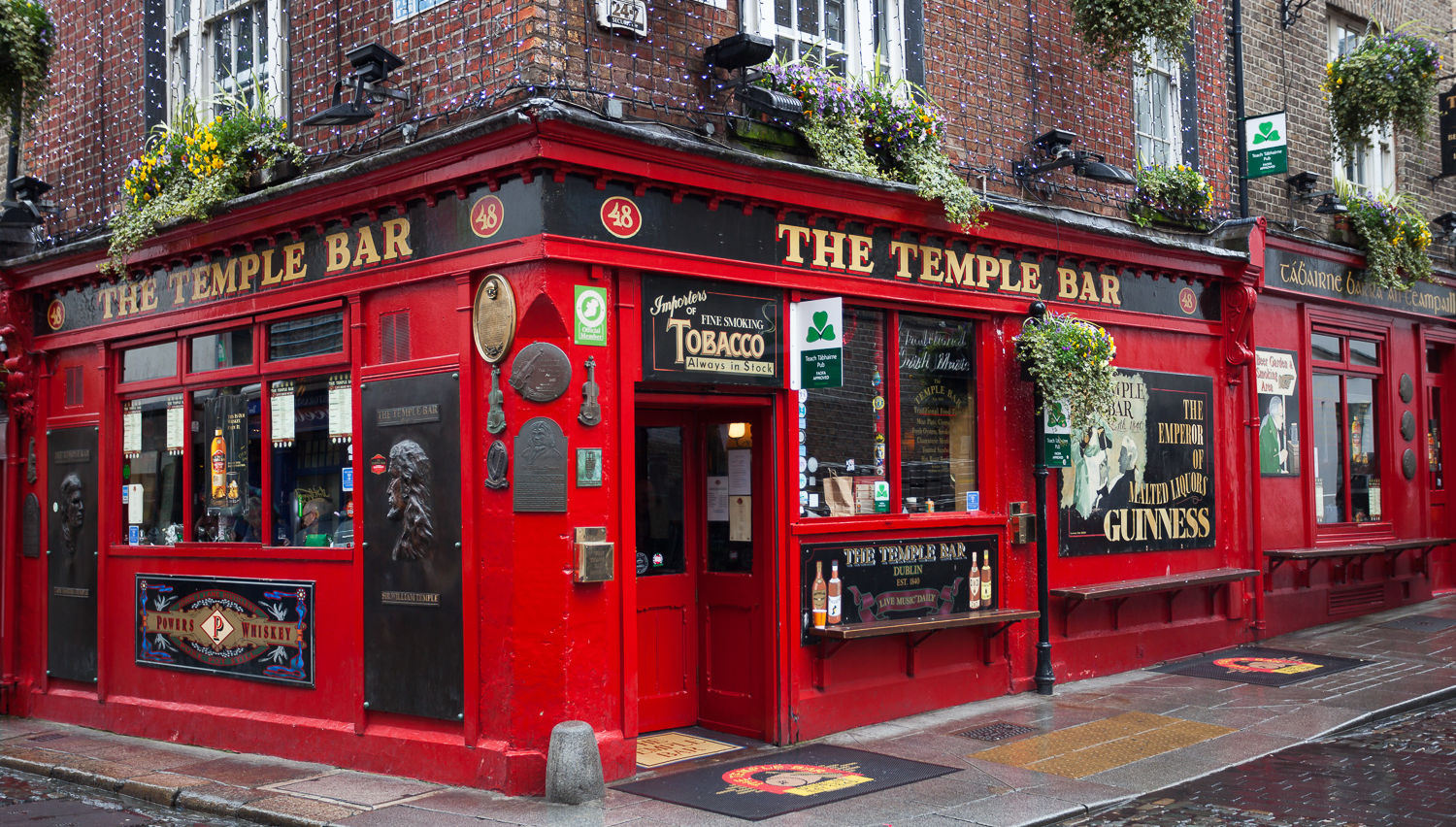
Ireland | Owning a pub in Ireland must be lucrative. Or why would the hospitality group Hillbreak that operates one of the country’s most famous pubs, the Temple Bar in Dublin’s Temple Bar district, increase its revenue by 8 percent to EUR 33 million (USD 39 million) in the 12 months to the end of October 2024? That equals revenues of approximately USD 750,000 per week, Irish media reported on 8 September.
Europe/Russia

United Kingdom | The single most important question to ask about the future of the drinks industry: are structural lifestyle changes to blame for the decline in sales or is it cyclical macroeconomic issues. So far beer and drinks industry leaders are adamant that the biggest challenges are “cyclical” – at least that’s what they stressed in their recent financial results. Now it was Nik Jhangiani’s turn, who succeeded Debra Crew as interim CEO of Diageo in July, to join the debate.
Europe/Russia
Belgium | A significant number of shares in AB-InBev's Belgian anchor holding Eugénie Patri Sébastien (EPS) was withdrawn in 2024. A generation gap between the Belgian shareholders is part of the reason for their departure. “The younger generations no longer drink alcohol. They have issues with a brewery,” explains the journalist Wolfgang Riepl in an article for the Belgian business magazine Trends (4 September). Add to their moral concerns about alcohol the brewer’s lacklustre share price and its dependence on organic growth after decades of spectacular takeovers and you can probably find more explanations for their departure.
Europe/Russia

Austria | It must be a fun business: A group of motorsport enthusiasts, led by the Belgian industrialist family De Mevius – a major shareholder in AB-InBev – has taken over KTM Sportcar. It is a subsidiary of the motorcycle firm KTM, which produces the X-Bow sports cars. The insolvent parent company KTM was acquired by the Indian Bajaj Auto International Holdings in May.
Europe/Russia

Russia | The former Russian brewer AB-InBev-Efes, which a presidential decree put under external management by the unknown company GK Vmeste at the end of 2024, has changed its name to Napitki Vmeste (Russian for “Drinks Together”), the Russian news agency Tass reported on 1 September.
Europe/Russia

United Kingdom | Lidl is raising a glass to equality, launching Scotland’s first gender-balanced beer aisle. From 28th August, the retailer has given equal shelf space to Scottish craft beers brewed by women and women-owned breweries across all 112 Lidl stores in Scotland.
Europe/Russia
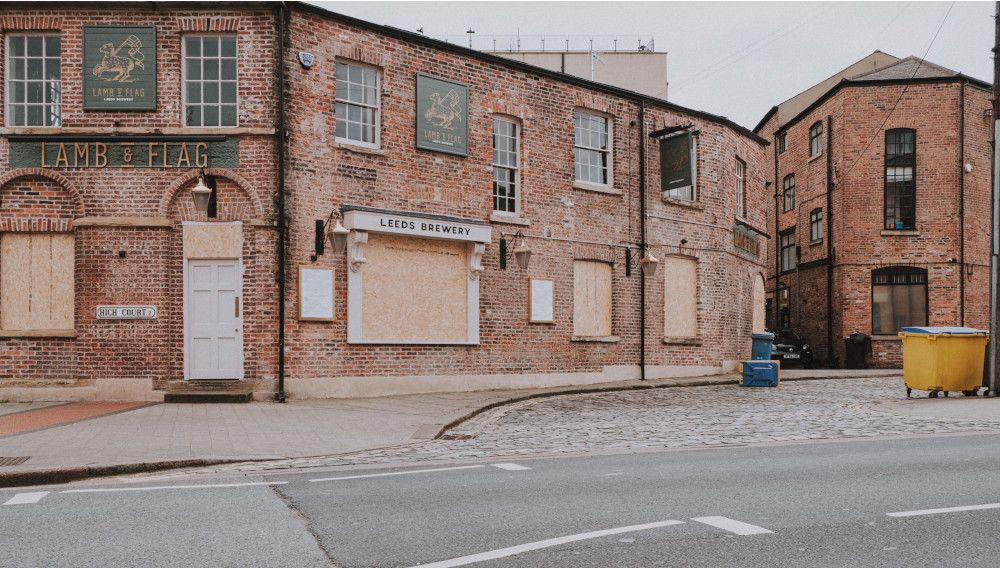
United Kingdom | Eight pubs a week ceased trading across the UK during the first half of 2025, as the industry grapples with escalating tax and labour costs. Official government statistics show 209 pubs were either demolished or repurposed for other uses. This decline has seen the total number of pubs in England and Wales, including those vacant or available to let, fall to 38,780.

